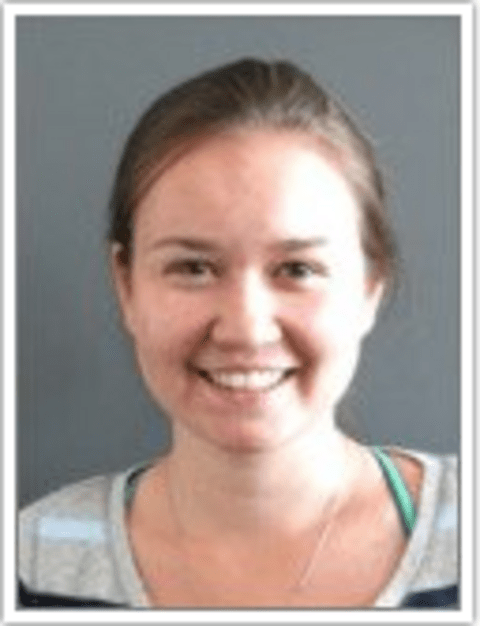Selection of unitary operations in quantum secret sharing protocols without entanglement
Juan Xu - Nanjing University of Aeronautics and Astronautics
Quantum secret sharing (QSS) mainly deals with the splitting and distributing of an arbitrary secret among n sharers using quantum resources. While quantum secret sharing schemes often use shared entangled states, it is also possible to define a notion of quantum secret sharing without the use of entangled states.
 Surface acoustic waves (SAWs) are acoustic phonons that travel along the surface of a material and have been used for a wide variety of purposes, from RF filters to acoustic cavities to biosensors.
Surface acoustic waves (SAWs) are acoustic phonons that travel along the surface of a material and have been used for a wide variety of purposes, from RF filters to acoustic cavities to biosensors.
 Candidate: Aimee Gunther
Candidate: Aimee Gunther